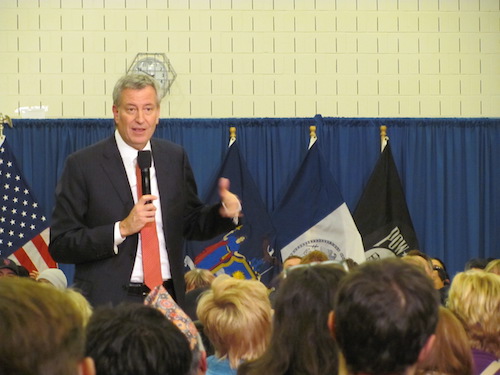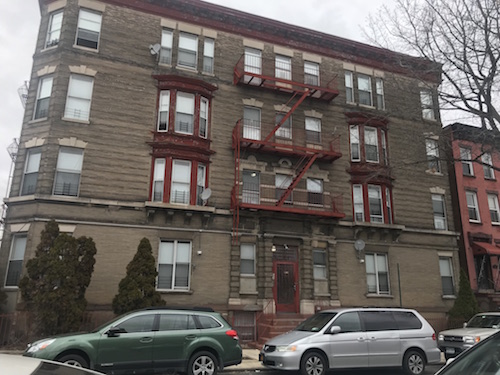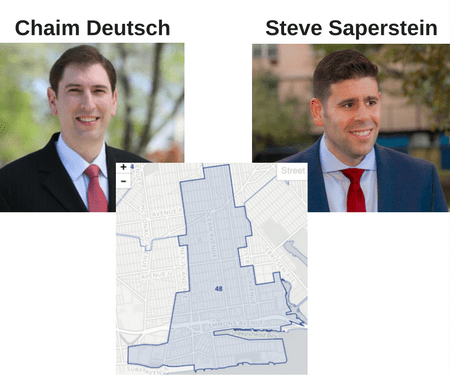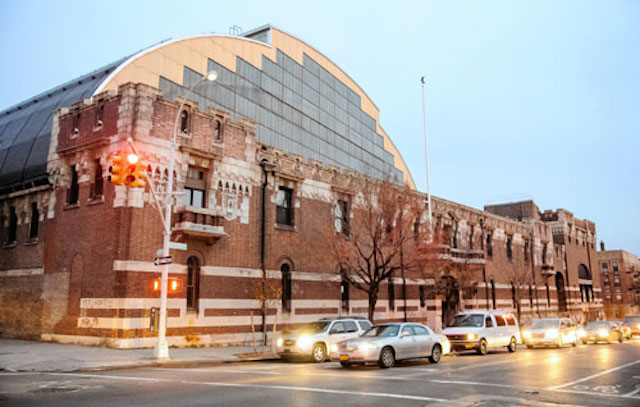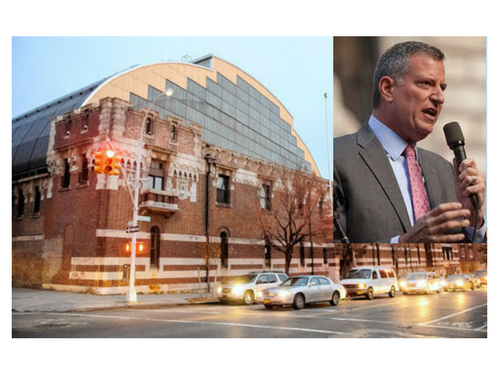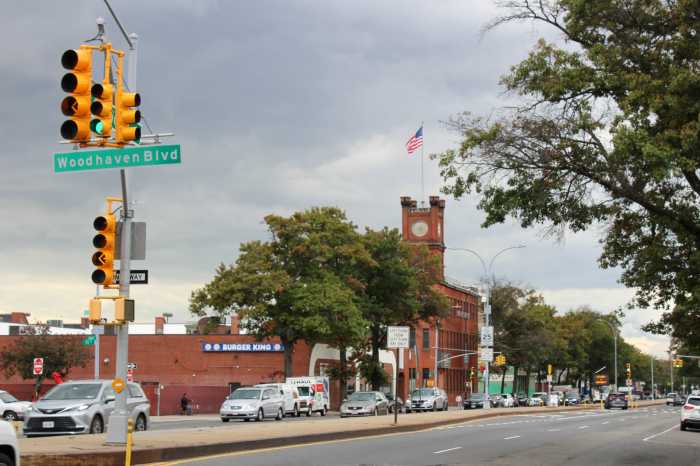The missing elephant in the room was Republican City Council Member-elect Robert Holden, but Mayor Bill de Blasio spent his final town hall of 2017 listening to residents in District 44 for less than two hours in the spacious gymnasium of P.S./I.S. 113 Anthony J. Pranzo in Glendale.
The town hall, his 49th so far, was an hour shorter than his previous Queens town hall and, as a result, the mayor answered 33 questions in total.
City Councilmember Elizabeth Crowley (D-Glendale, Maspeth, Middle Village, Ridgewood, Woodside, Woodhaven) moderated the event. Last month, Crowley narrowly lost against Holden by 133 votes. Holden was not present at the event, but will be sworn-in next month.
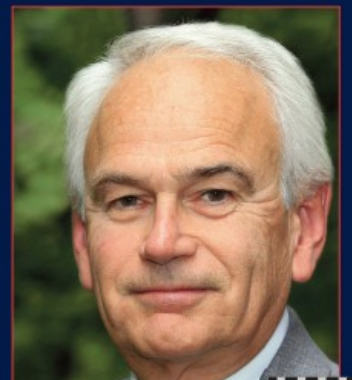
One audience member asked about Holden, and referred to comments the mayor made last month. The day after the November 7 election, the Mayor explained he “doesn’t share values” with Holden because of his party status as a Republican.
“If you can run as a Republican in Donald Trump’s America, you just bought the whole label. I don’t know the guy; I’ll try and work with him, but he just signed up for something very troubling in my book,” de Blasio said at the time.
De Blasio walked back his comments and used his previous work with Republicans to show he is open to bipartisanship.
“If my comments seemed flippant [it] may be because we’re in a rather agitated moment in history,” he said. “A lot of us are feeling very strongly about the bigger issues about the two parties.”
Just before she began moderating the event, Crowley briefly spoke about changes in her district as well as offering advice for attendees for de Blasio’s second tenure.
“We want you to continuing coming out for the next four years and stay engaged. The many challenges still are affordable housing and homeless. We want to be a part of that discussion and we want to be part of fixing the problems,” she said.

At least one-fourth of questions asked dealt with transportation. Requests to install stop signs and speed bumps was directed not just to the Mayor, but also city officials sitting nearby.
As one example to ease the transit burden, the Mayor touted a new Select Bus Service route from Woodside to Flushing for the Q58 as the path was the busiest in the borough.
“With the SBS coming in the next few years, it will be a much faster bus route and help people get around,” he said.
Homelessness was also a concern of residents from homeless shelters to the city’s policy of using hotels as a temporary shelter. One audience member, named James Baldwin, shared his frustrations with officials at the Human Resources Administration/Department of Social Services after living on the streets for months and taking care of his grandmother diagnosed with Stage 4 cancer.
“All I want for Christmas is an apartment,” he said.
Another person wondered why the city wouldn’t build permanent housing instead of shelters for homeless citizens. The mayor emphasized his affordable housing program was one example of helping reduce homelessness in the city.
“Anything that is being created as a shelter has the goal of ultimately turning it into permanent housing,” de Blasio said.
Following the Town Hall, de Blasio flew to Iowa, the site of the first 2019 Presidential Primary. De Blasio has said repeatedly he plans to be the mayor for the next four years, although speculation grows that he has national ambitions.


